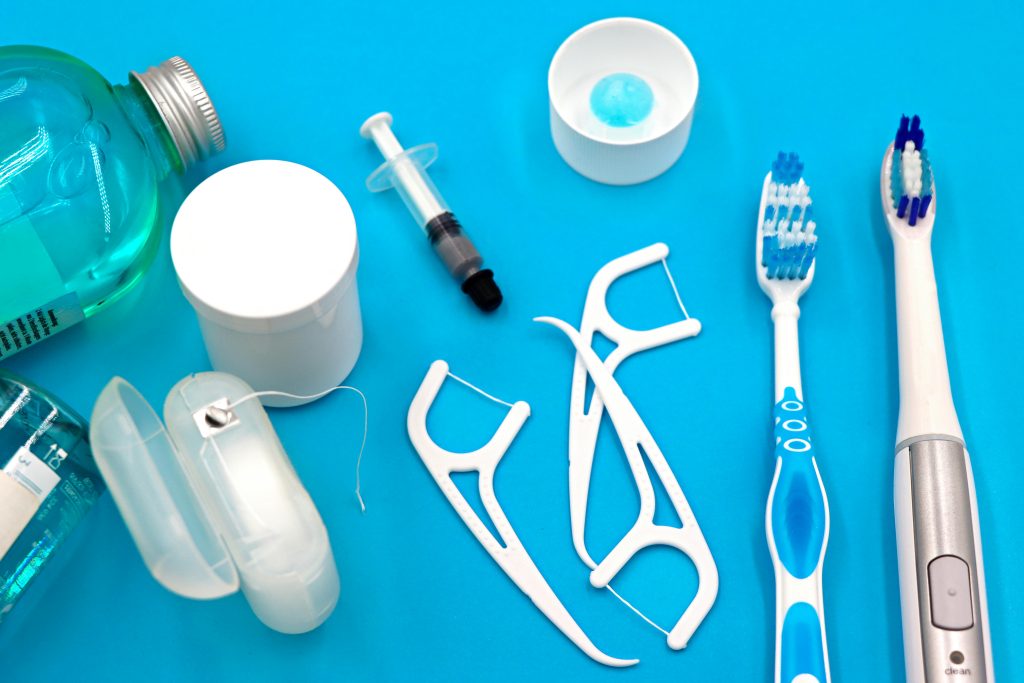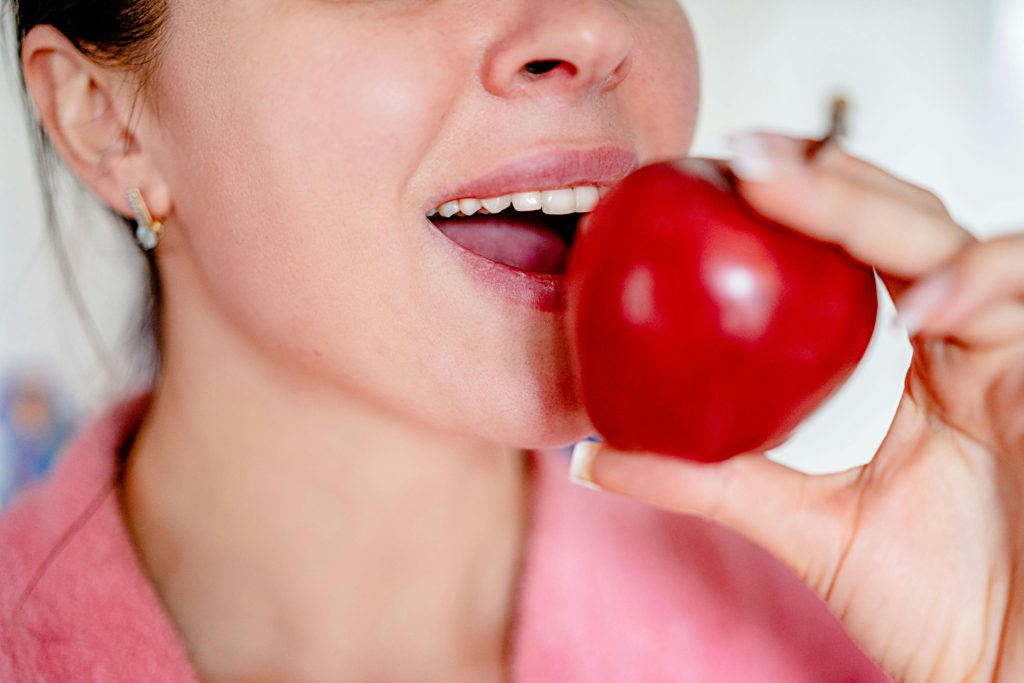Traveling—whether for a weekend getaway, a cross-country road trip, or an overseas adventure—should be exciting and stress-free. The last thing you want is a toothache or dental emergency putting a damper on your plans. That’s where dental care for travelers comes in.
Maintaining good oral hygiene while away from home is more than just packing a toothbrush. It’s about preparation, smart choices, and knowing how to handle any dental surprises on the road.
In this guide, we’ll explore everything you need to keep your smile healthy during your trip, from packing tips to dealing with emergencies abroad.

Why Dental Care for Travelers Matters
It’s easy to skip flossing after a long day of sightseeing or indulge in sugary treats you wouldn’t normally eat at home. But even a short lapse in oral care can lead to:
-
Plaque buildup and bad breath
-
Increased risk of cavities
-
Gum inflammation
-
Tooth sensitivity
-
Painful dental emergencies
Neglecting your teeth during a trip may not cause problems right away, but it can set the stage for bigger issues later.
1. Pre-Travel Dental Checkup: Your First Line of Defense
Before packing your bags, schedule a dental checkup—especially if you’ll be traveling for an extended period or going to remote areas with limited dental care.
During this visit, your dentist can:
-
Check for cavities or gum disease
-
Replace worn fillings or crowns
-
Clean your teeth to remove plaque buildup
-
Identify potential issues that might cause trouble during your trip
Pro tip: If you’re traveling internationally, aim to have your checkup at least a month before departure in case you need follow-up treatment.
2. Packing the Ultimate Travel Dental Kit
Packing for your teeth is just as important as packing for your wardrobe. Your travel dental care kit should include:
-
Travel-size toothbrush (soft bristles)
-
Travel-size toothpaste with fluoride
-
Floss or dental picks
-
Mouthwash (alcohol-free to prevent dry mouth)
-
Sugar-free gum for fresh breath and saliva stimulation
-
Small mirror for self-checking any dental issues
-
Reusable water bottle (especially for flights and dry climates)
If you wear clear aligners or retainers, don’t forget:
-
Extra case for storage
-
Cleaning tablets or spray
-
Small soft-bristled brush for cleaning aligners
3. In-Flight Dental Care Tips
Air travel can dry out your mouth due to low cabin humidity. Dry mouth increases bacteria growth, which can cause bad breath and decay.
Here’s how to keep your mouth healthy during flights:
-
Sip water regularly—avoid excessive coffee, tea, or alcohol
-
Chew sugar-free gum to stimulate saliva production
-
Avoid sticky snacks like caramel or gummy candy that cling to teeth
-
Rinse with mouthwash after meals when brushing isn’t possible
4. Smart Eating While Traveling
Trying new cuisines is one of the best parts of traveling, but it’s easy to overdo sugar, starch, and acidic foods.
Better choices for your teeth include:
-
Crunchy fruits and veggies (apples, carrots, celery)
-
Nuts and cheese (great sources of calcium)
-
Lean proteins (chicken, fish, tofu)
-
Plenty of water to rinse away food particles
Foods to limit:
-
Soda, sports drinks, and sweet cocktails
-
Sticky candies and dried fruit
-
Highly acidic foods like citrus (without rinsing after)
5. Maintaining Routine in a New Time Zone
Jet lag and packed itineraries can make you forget your regular brushing schedule. Try setting phone reminders for brushing and flossing at your usual times, adjusted to the new time zone.
The basics still apply:
-
Brush twice daily for two minutes
-
Floss at least once daily
-
Use mouthwash after brushing (if part of your routine)
6. What to Do in a Dental Emergency Abroad
Even with the best planning, emergencies can happen. If you experience severe pain, swelling, or a broken tooth:
-
Contact your travel insurance provider to check dental coverage.
-
Ask your hotel concierge or local embassy for recommended dentists.
-
Use Google Maps reviews to find reputable clinics nearby.
-
For temporary relief:
-
Take over-the-counter pain medication
-
Rinse with warm salt water
-
Apply a cold compress for swelling
-
If you have dental anxiety, seek clinics that advertise sedation dentistry or gentle care.
7. Special Considerations for International Travel
-
Water safety: In areas where tap water isn’t safe to drink, use bottled water for brushing your teeth.
-
Language barriers: Learn basic dental terms in the local language or download a translation app.
-
Currency: Keep some cash for small emergency dental fees, as not all clinics accept credit cards.
8. How Mohip Dental Supports Frequent Travelers
At Mohip Dental & Associates, we understand the needs of patients who are always on the go. Whether you’re a business traveler or a globetrotter, we offer:
-
Pre-travel checkups with same-day treatments when possible
-
Emergency dental advice via phone for patients abroad
-
Custom travel-sized oral care kits for our loyal patients
By preparing before you leave, you can enjoy your trip without worrying about dental issues.
Travel enriches your life—but it shouldn’t compromise your smile. By packing the right tools, sticking to your routine, and knowing what to do in an emergency, you can keep your teeth healthy no matter where your journey takes you.
Safe travels, and remember: Your smile goes everywhere you do!


